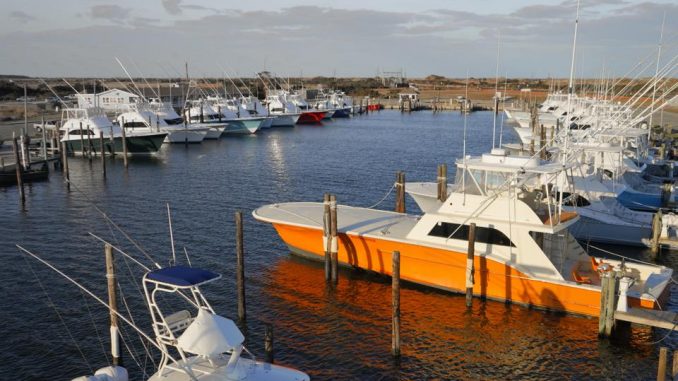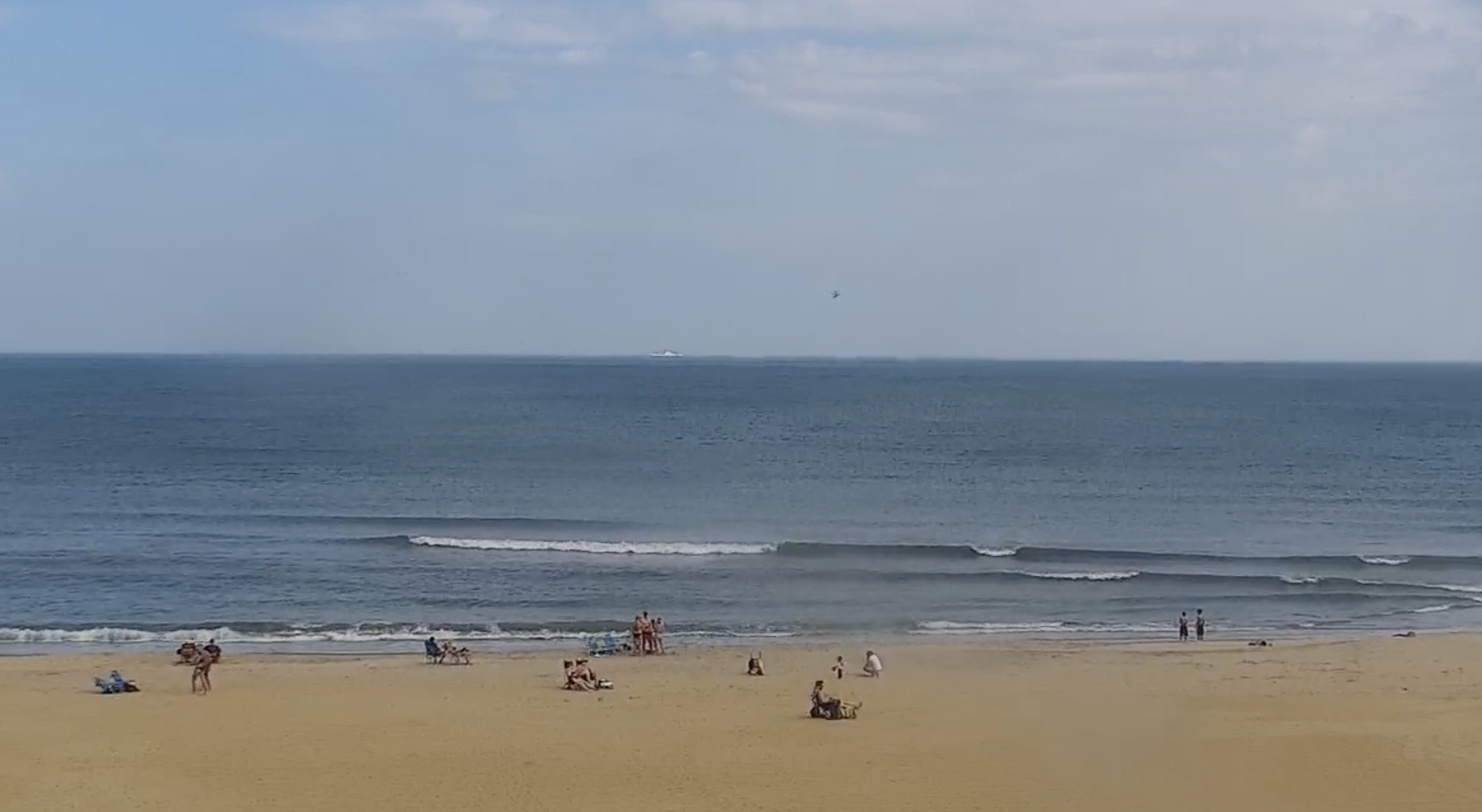
If you’re planning on boating over Fourth of July weekend, be prepared for increased enforcement from the N.C. Wildlife Resources Commission.
During the annual campaign, enforcement officers will conduct sobriety checkpoints and promote public awareness to deter impaired operation of vessels. In North Carolina, a driver or vessel operator with a blood-alcohol concentration that meets or exceeds .08, or is substantially impaired by alcohol and/or drugs, is subject to arrest.
Over the Fourth of July weekend, the public can expect to see an increase in enforcement and awareness regarding boating under the influence. Alcohol use is a primary contributing factor in boater fatalities and can be easily avoided by choosing to not boat and drink. Consuming alcohol negatively impacts vision, balance, and reaction times. The effects of alcohol are heighten on the water compared to land, with environmental stressors such as wing, noise, and vibrations of the boat.
Likely due to COVID-19 restricting many other activities, the commission has noticed an increase in the amount of people engaging in recreational boating. We want to ensure that every boater, both locals and vacationers alike, make safety their number one priority. There are many things that boaters can do to prevent potential hazards, such as wearing a life jacket at all times, taking a boating safety course, checking their safety equipment, and assigning a designated driver.
Locally, expect to see wildlife law enforcement on the water in an attempt to curb excessive alcohol use by vessel operators and dangerous conditions for the boating public.
“Of particular note is the Currituck County fireworks celebration that is expected to draw large crowds by boat,” said the law enforcement division’s Sgt. John Beardsley. “Though it is not illegal for alcohol to be consumed on a boat, we encourage the operator to refrain from drinking alcohol to ensure the safety of their passengers and fellow boaters.”
In addition, he said, boaters are reminded that children under the age of 13 must wear a Coast Guard approved PFD (life jacket) any time the boat is underway; not tied to shore or at anchor.
Finally, because the majority of boaters do not stay out after dark except during the Fourth of July fireworks show, it is important to check your boats navigational lights before going out on the water. Boats powered by a 10 HP motor or larger are required to have a red and green combination light emanating from the Bow and a white light visible 360 degrees from the stern or mast.
Bright lights, such as “docking lights,” are to be used only when approaching docks and not while navigating the sound and rivers, as they blind fellow boaters.
“These common violations can be avoided, are dangerous, and contribute to boating incidents,” Beardsley said.














